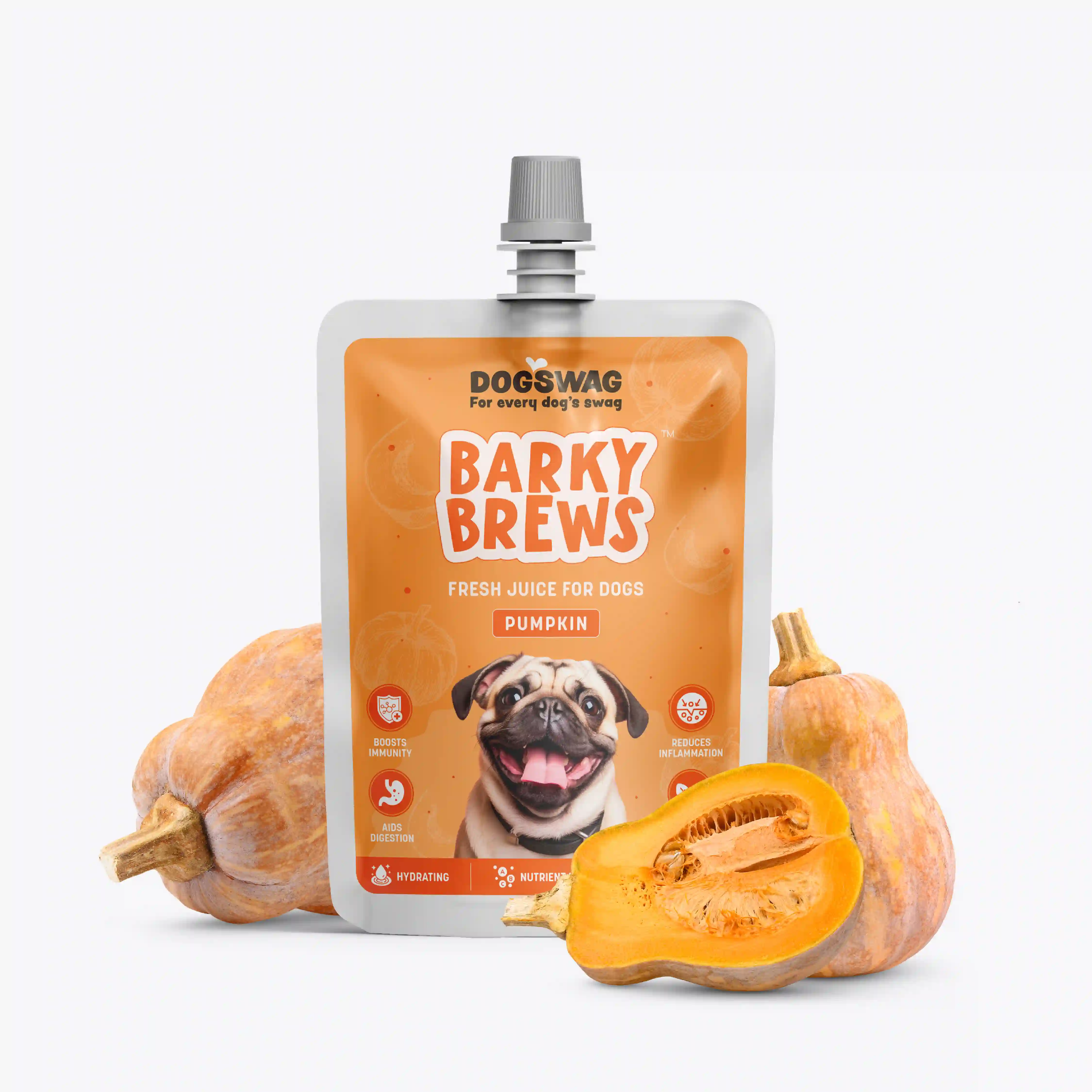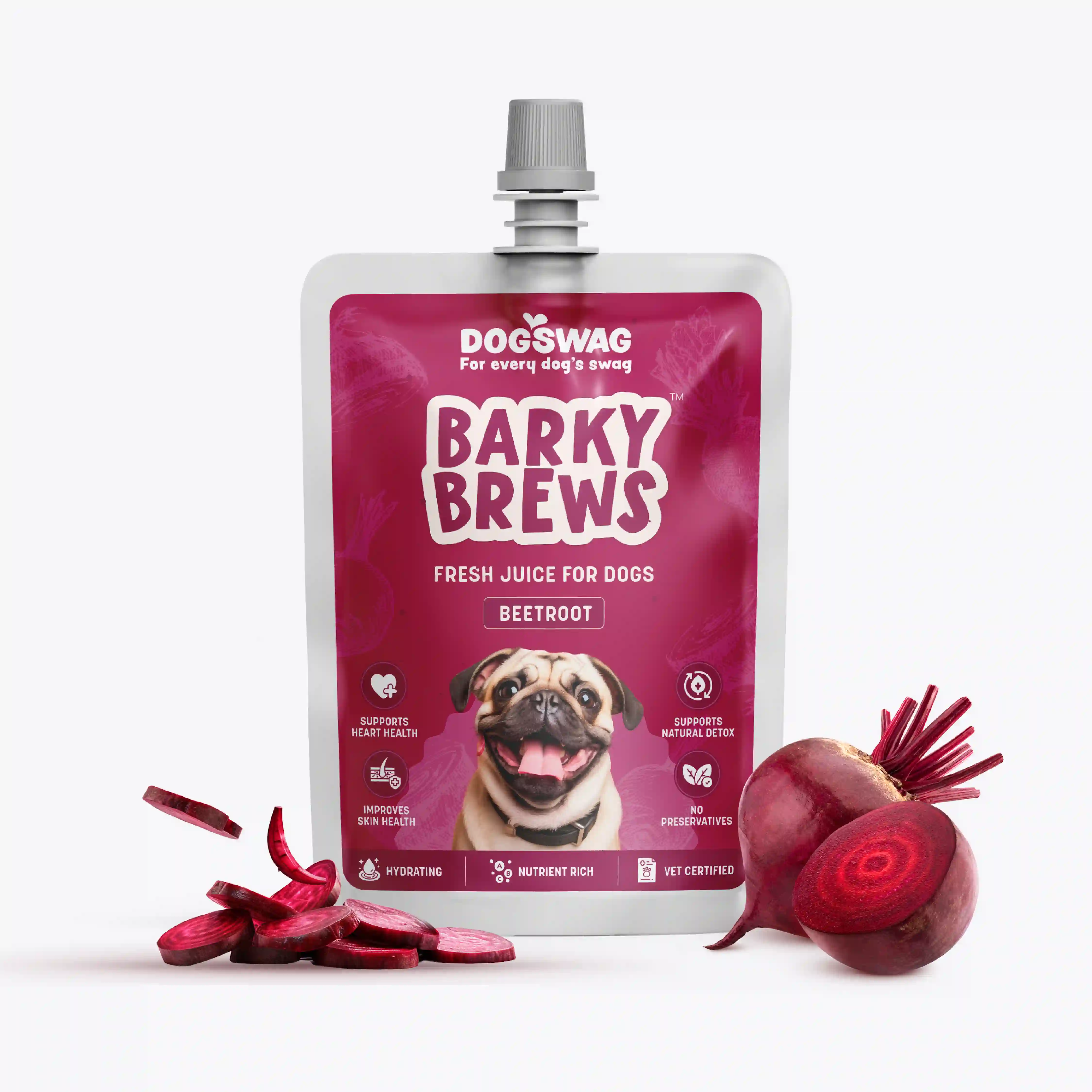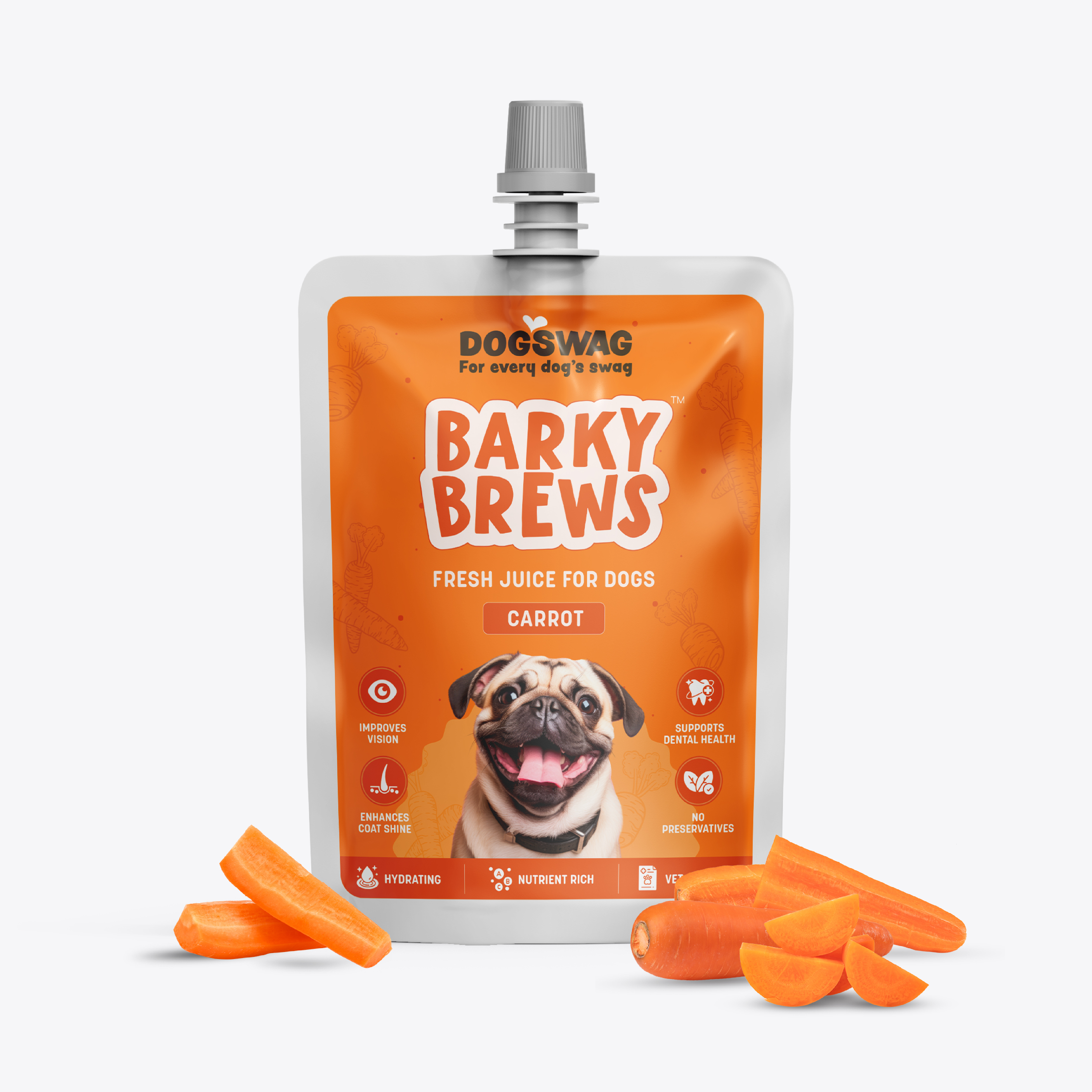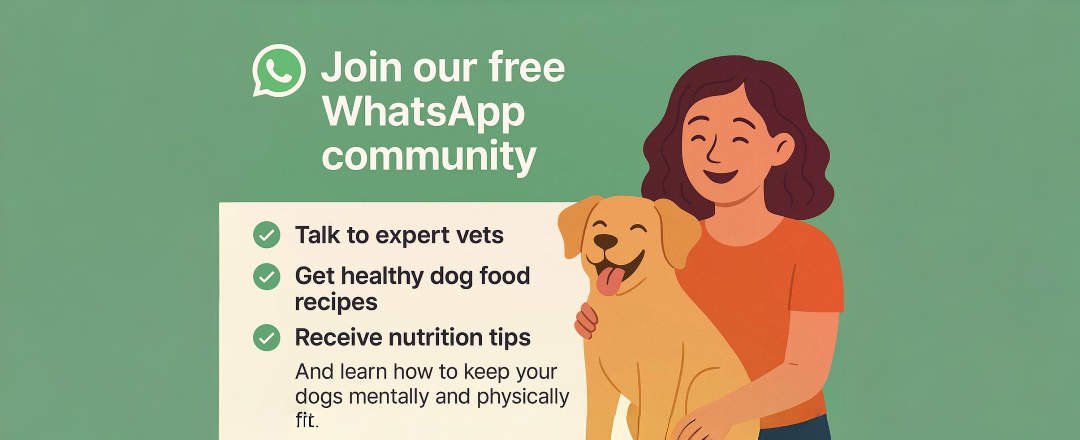
Pet Parenting Isn’t Rocket Science: The 10 Mistakes I Made So You Don’t Have To
Trust me, I thought long and hard before writing this blog. Back in 2004, when we welcomed our very first dog home, we had absolutely no clue what we were doing. And like most first-time pet parents, we made a LOT of mistakes. Some small, some big — but every single one taught us lessons we carry forward even today.
So, before I share these insights, let me first acknowledge everyone who has decided to bring home a dog. You truly are blessed. A furkid fills your home with unconditional love, loyalty, joy, and chaos in the best way possible.
If you haven’t read my blog on Which Family Type Are You for a Dog?, I recommend checking it out first — because knowing yourself is the first step in understanding what kind of pet parent you’ll be.
https://barkybrews.com/blog/find-your-perfect-dog-match-what-type-of-adopter-are-you
Now, let’s jump into the Top 10 Mistakes Pet Parents Make — and more importantly, how you can avoid them. Let’s do this countdown style, starting from number 10.
#10 & #9: Skipping Basic Training and Defining Boundaries
One of the biggest mistakes we made was not defining boundaries from Day 1. Today, our six dogs believe the sofa is theirs, the bed is theirs, and the kitchen is their kingdom. They bark at every passing dog — and sometimes even humans!
It’s cute when they’re puppies, but it quickly becomes a challenge. Thankfully, my wife Pavithra (a certified trainer) helped us fix this by setting clear rules.
👉 Tip: Training is not about punishment — it’s about communication. Use a firm but kind tone, be consistent, and make sure your pup knows what’s okay and what’s not.
Also, focus on life skills, not just tricks. Teaching commands like “come back,” “leave it,” “find,” and “out” will help your dog stay safe and make your life easier.
#8 & #7: Neglecting Mental Enrichment and Age-Based Diet
Repeat after me: If I don’t use my brain, it gets lazy. This applies to our dogs too. Mental enrichment is just as important as physical exercise.
Puzzle games, nose work, and new challenges keep your dog sharp and happy. A bored dog often becomes destructive or develops behavioral issues.
Next, let’s talk age-based diet. A puppy’s nutritional needs are vastly different from a senior dog’s. You can’t keep feeding your 6-year-old dog the same food they ate as a pup. Their metabolism, joint health, and immunity all change over time.
👉 Tip: Adjust their diet as they grow, and consult a canine nutritionist if possible.
#6 & #5: Ignoring SOS Medications and Skipping Regular Checkups
This one is huge. Most pet parents — including us in the beginning — don’t keep a proper SOS kit at home.
At the very least, you should always have:
- Medicine for upset stomach and digestion
- Allergy relief
- Tick and flea protection
- Ear and eye cleaners
- Grooming essentials (combs, brushes)
- Pain relief (vet-approved only)
Emergencies don’t wait for convenience. Having these ready could make a world of difference.
And then there’s regular vet checkups. Don’t wait until your dog is sick. Subtle signs — skipping a meal, mild vomiting, or a change in energy — are your dog’s way of whispering that something is wrong. A half-yearly blood test (CBC) can detect problems before they escalate.
#4 & #3: Lack of Socialization and Awareness
We’ve all seen pet parents who over-protect their dogs, treating them like delicate babies. While the intention is love, the result is anxiety, stress, and even aggression.
👉 Tip: Socialize your pup early. Expose them to new sounds, smells, people, and other dogs. The more experiences they have, the more confident and well-adjusted they’ll become.
Now let’s talk about awareness. A recent call I received highlights this perfectly. A young pet parent’s Shih Tzu had severe tick fever. She had no clue about preventives, the right tests, or the healing process. A wrong diagnosis made things worse, and the poor dog became critical.
Being aware of basic pet health and nutrition is your responsibility. Your dog can’t tell you, “Mom/Dad, I don’t feel well.” You have to notice and act.
#2 & #1: Missing Vaccinations and Ignoring Early Nutrition
This is the foundation of pet parenting. Vaccination schedules and deworming are non-negotiable. Missing even one dose can put your dog at serious risk of preventable diseases. And yet, you’d be shocked at how many pet parents are unaware of this.
And finally — nutrition. What you feed your puppy in the early months lays the groundwork for their entire life. Fresh food (a mix of protein, veggies, and supplements) is always better than kibble.
👉 Pro Tip: If your vet recommends kibble, gently ask them if they are certified in nutrition. Many vets are not, as nutrition is often not part of their training.
Final Thoughts
So there you have it — the top 10 mistakes pet parents make (and yes, we’ve made them all).
The good news? Pet parenting is not rocket science. With awareness, consistency, and love, you can avoid these mistakes and give your dog the best life possible.
I hope this blog helps you, whether you’re a first-time dog parent or already living with a pack like us.
💌 If you feel I missed out on anything, write to me at sunder@barkybrews.com.
🐶 And don’t forget — our Barky Brews products are now at 20% off for readers like you. Because happy dogs deserve healthy choices.
Until the next blog — hug your furkids and shower them with love.




